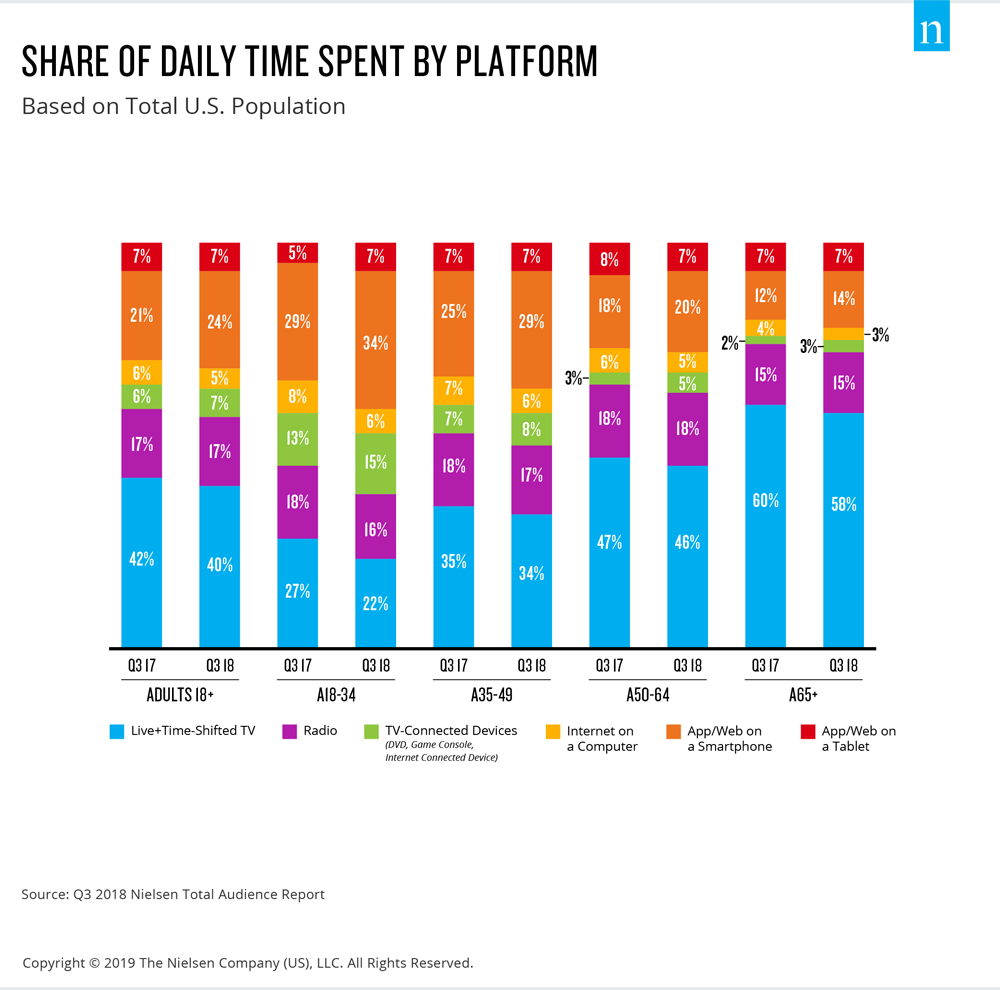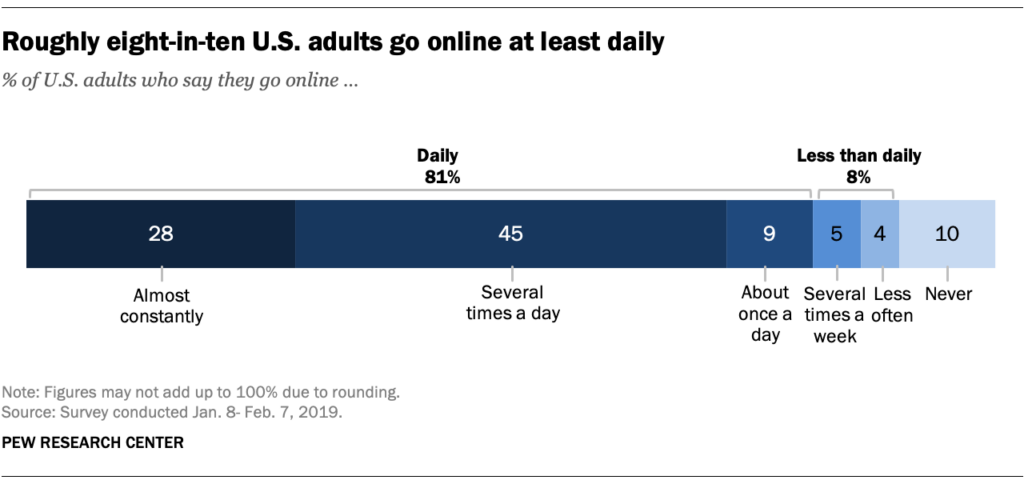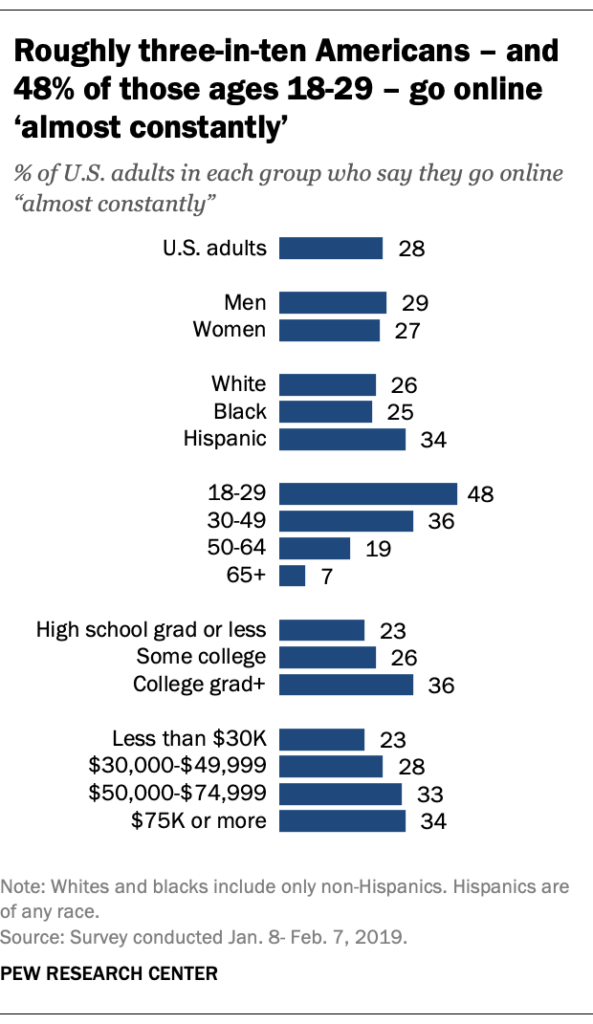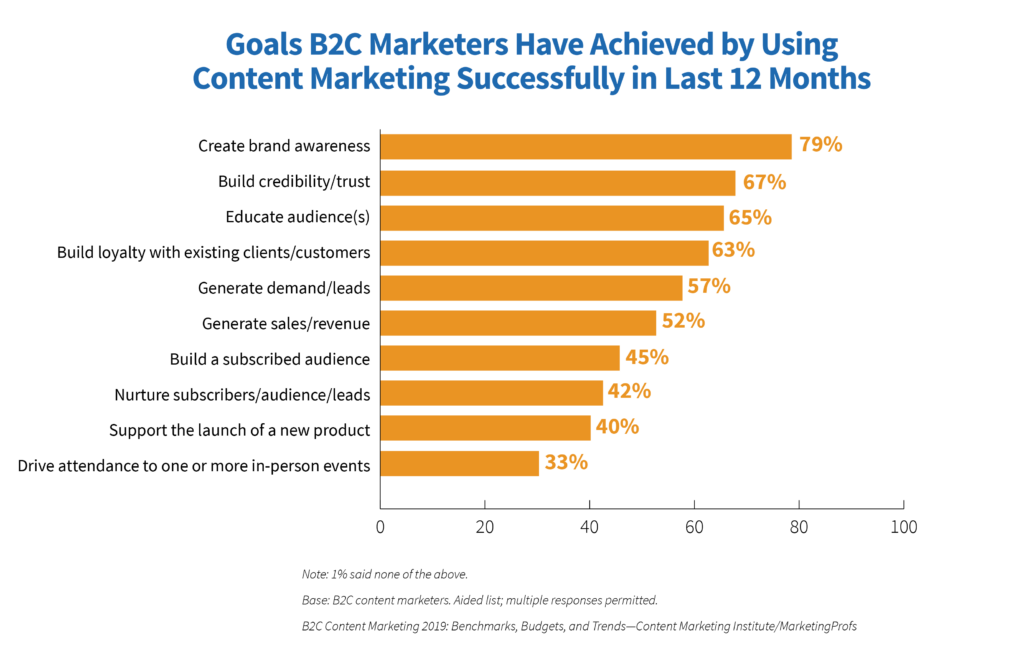Marketing is the process by which organizations direct their messages at the right people at the right time. Where do most people (including the right ones) spend most of their time today? You guessed it. On the Internet – they are connecting with friends and colleagues on social media, following current affairs on news sites and blogs and browsing eCommerce stores looking for gifts and other purchases. They’re even paying their bills, banking and ordering groceries from their PCs or laptops at home, or while on the move or at work via their mobile devices. If organizations expect to meet their best prospects and customers where they are, then they must be marketing their services and products online and reaching targeted consumers through their electronic devices. Enter digital marketing.
Digital marketing is quite simply the act of promoting and selling products and services using digital technologies – predominantly on the Internet. It encompasses a broad range of channels and platforms, from social media marketing to content marketing, email marketing, search engine marketing (SEM), pay-per-click (PPC) advertising and much more.
Let’s be realistic – today, digital marketing is simply marketing. Why? Because – to say it again – rule number one of marketing is to reach the right people with the right offer at the right time in the right place. Digital marketing most certainly puts your organization in the right place – online channels. Nielsen’s most recent “Total Audience Report” reveals that US adults are spending 10-and-a-half hours per day consuming media on electronic and Internet-connected devices, including smart TVs, home computers, smartphones and tablets.

Since adults are spending so many of their waking hours online, digital marketing also ensures organizations are able to reach their audience at the right time – which, in fact, must be any time. New data from Pew Research reveals more than eight of ten (81%) US adults go online at least daily, with 28% (increasing to 48% in the 18–29 age bracket) reporting almost constant Internet usage.

As such, traditional offline marketing simply isn’t as effective as it once was. Why? First, because people are spending much less time engaging with offline media, and also because offline marketing is inherently ephemeral. A TV commercial (which can cost the earth), for instance, might last all of 30 seconds and then it’s gone forever – and if your target audience misses it, so too is your money. Similarly, a direct mail (i.e., junk mail) piece might convert a handful of recipients, but most people will simply throw it in the trash as soon as they find it in their mailbox. A billboard poster might turn a few heads for a few weeks, but eventually, it will become tiresome and blend into the background, and you then must purchase new space to see any meaningful returns.

Digital marketing messages can theoretically last forever. Because they exist in a digital form, they can be accessed any time, sent at any time and sent directly to anyone (at any time) on your contact list – making digital marketing assets a much wiser, long-term investment.
Making the right offer to the right people (in the right place at the right time) – well, that all comes down to the utilization of data analytics and various digital marketing strategies and technologies.
Here’s a quick rundown of the most common digital marketing tactics, and notice how they all mesh together.
As defined by the Content Marketing Institute (CMI), “Content marketing is a strategic marketing approach focused on creating and distributing valuable, relevant, and consistent content to attract and retain a clearly defined audience – and, ultimately, to drive profitable customer action.”
Content fuels your digital marketing engine. An organization doesn’t have an online presence without it. From blogs to eBooks, white papers, online Webinars, email marketing messages, infographics and videos, brands, retailers and all businesses need digital content to build brand awareness; generate demand, traffic and leads; maximize search engine optimization (SEO); and demonstrate their industry expertise with a leading voice.
According to the CMI, 96% of the most successful B2B content marketers say they have built trust and credibility with their audience through content, while B2C marketers have used content marketing successfully during the last twelve months to create brand awareness, build credibility/trust, educate audiences, build loyalty with existing customers and more.

With your customers spending so much time online, numerous digital marketing tactics enable you to meet them precisely where they are – any time. Organizations need a robust strategy, however, to ensure all tactics are aligned and the relevant data is being collected and analyzed. A content campaign might be devised, for example, to use a company’s blog to generate leads from a new eBook. Social media marketing tactics must then be deployed to promote those blog posts through paid and organic posts on the business’s social media accounts. Then, email marketing and automation step forward to send those who downloaded the eBook more information about the company, further content offers, etc. It all requires careful planning, data analysis and continuous optimization of each part of each campaign.
The long and the short of it is that there is no silver bullet to digital marketing. It requires a sound, well-researched strategy, well-documented plan and a team of experienced and professionals with the right tools to execute that plan.
GoTo Marketers is a full-service digital marketing agency with experts in each key digital channel. From content and social to SEO, data analytics and marketing automation, we work with you to ensure the best results across all of your campaigns. Get in touch to find out how our proactive marketing solutions can grow your business and generate the maximum value from marketing you want, need and deserve.
Summary:
At an exhibition, the show floor is typically opened the entire time and you have to be on your game from open to close. There are no traffic drivers like getting stamps on a passport to drive attendees to the booth. It is all about how creative your marketing team can be to create the buzz and awareness your brand needs to drive awareness and foot traffic to your stand. At most of the industry conferences, the exhibit floor is opened in 2-3 hour intervals because the event is focused on either education or speakers from the industry. Some things you should consider when attending an event: 1. What type of show are you attending and who are the attendees? 2. What can we do as a company to standout? 3. How are we measuring success? 4. Where should we spend the budget to have the biggest impact? Ideas from one successful trade show booth: They ran a selfie contest, had a twitter hashtag, picked some great food vendors, had media coverage and pulled off something very unique.